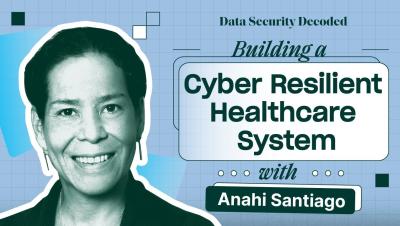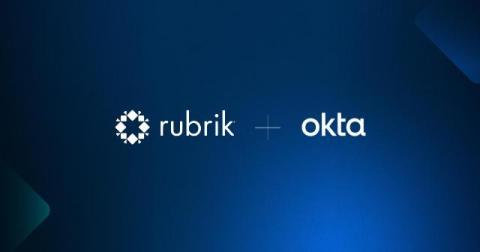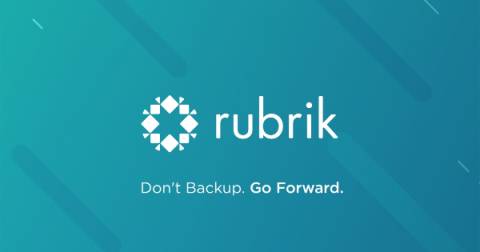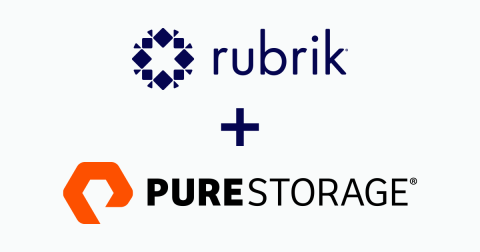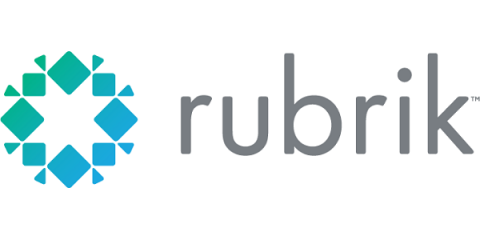Must-Know Strategies for DORA Compliance
In this episode of CISO Conversations: EU Data Regulations, Richard Cassidy, EMEA Field CISO at Rubrik, is joined by Anna Delaney, Director of Productions at Information Security Media Group (ISMG), to explore why the Digital Operational Resilience Act (DORA) makes operational resilience a priority for financial services organizations. They discuss how DORA will impact your financial institution, how to best prepare for DORA and improve operational resilience, and how to increase oversight and accountability of third parties in the supply chain.



